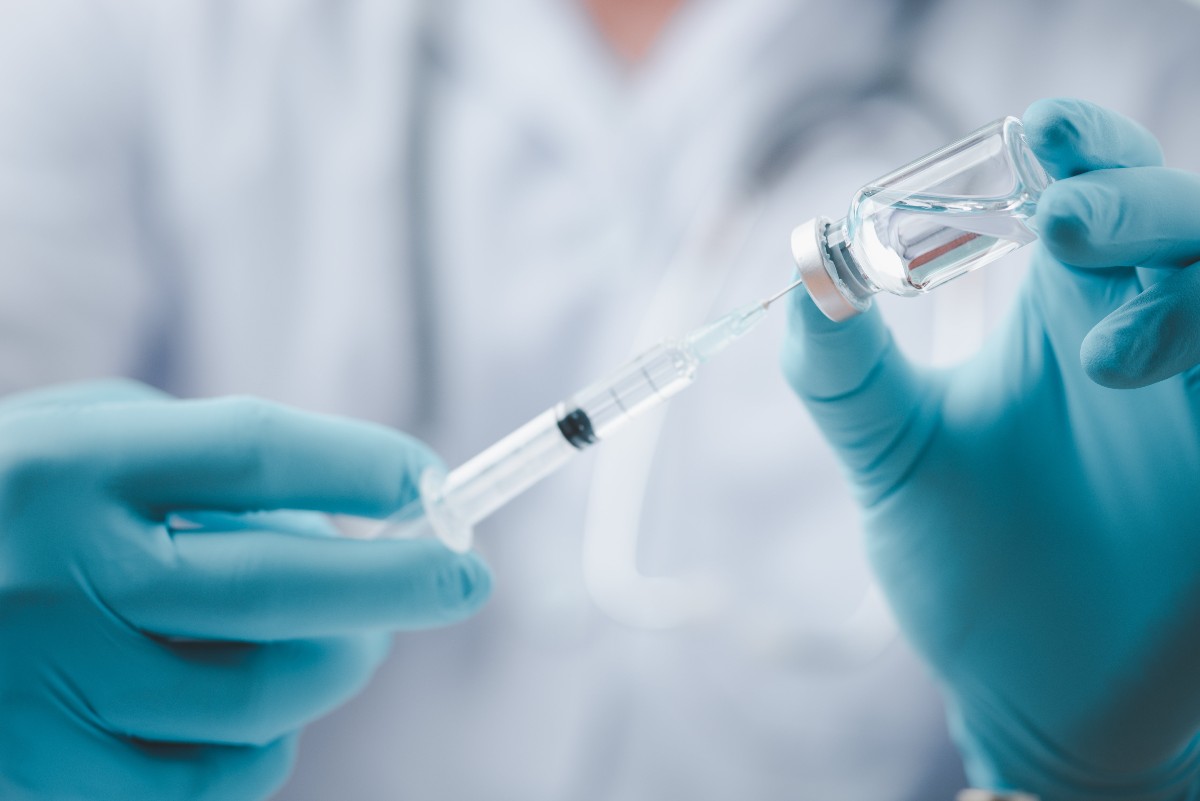Each 1-degree Celsius increase in skin temperature after dose 2 linked to 1.8-, 3.1-fold higher nAB one and six months later
By Elana Gotkine HealthDay Reporter
TUESDAY, June 11, 2024 (HealthDay News) — Short-term systemic side effects of the severe acute respiratory coronavirus 2 (SARS-CoV-2) mRNA vaccine are associated with greater long-lasting neutralizing antibody (nAB) responses, according to a study published online June 11 in the Annals of Internal Medicine.
Ethan G. Dutcher, M.D., Ph.D., from the University of California, San Francisco, and colleagues conducted a prospective cohort study in the San Francisco Bay Area to examine whether short-term side effects of SARS-CoV-2 mRNA vaccination are associated with subsequent nAB response. A total of 363 adults who had not been vaccinated against or exposed to SARS-CoV-2 and then received two doses of BNT162b2 or mRNA-1273 were included in the symptom-related analyses.
The researchers observed associations for chills, tiredness, feeling unwell, and headache with 1.4- to 1.6-fold higher nAB at one and six months, respectively, after vaccination. Across both follow-up time points, symptom count and vaccination-induced change in skin temperature and heart rate were positively associated with nAB. Each 1-degree Celsius increase in skin temperature after vaccination dose 2 was associated with 1.8- and 3.1-fold higher nAB one and six months later, respectively.
“These data may help to address the low rate of ongoing vaccine uptake, given that this seems to be at least partly the result of worry about side effects,” the authors write.
Copyright © 2024 HealthDay. All rights reserved.








